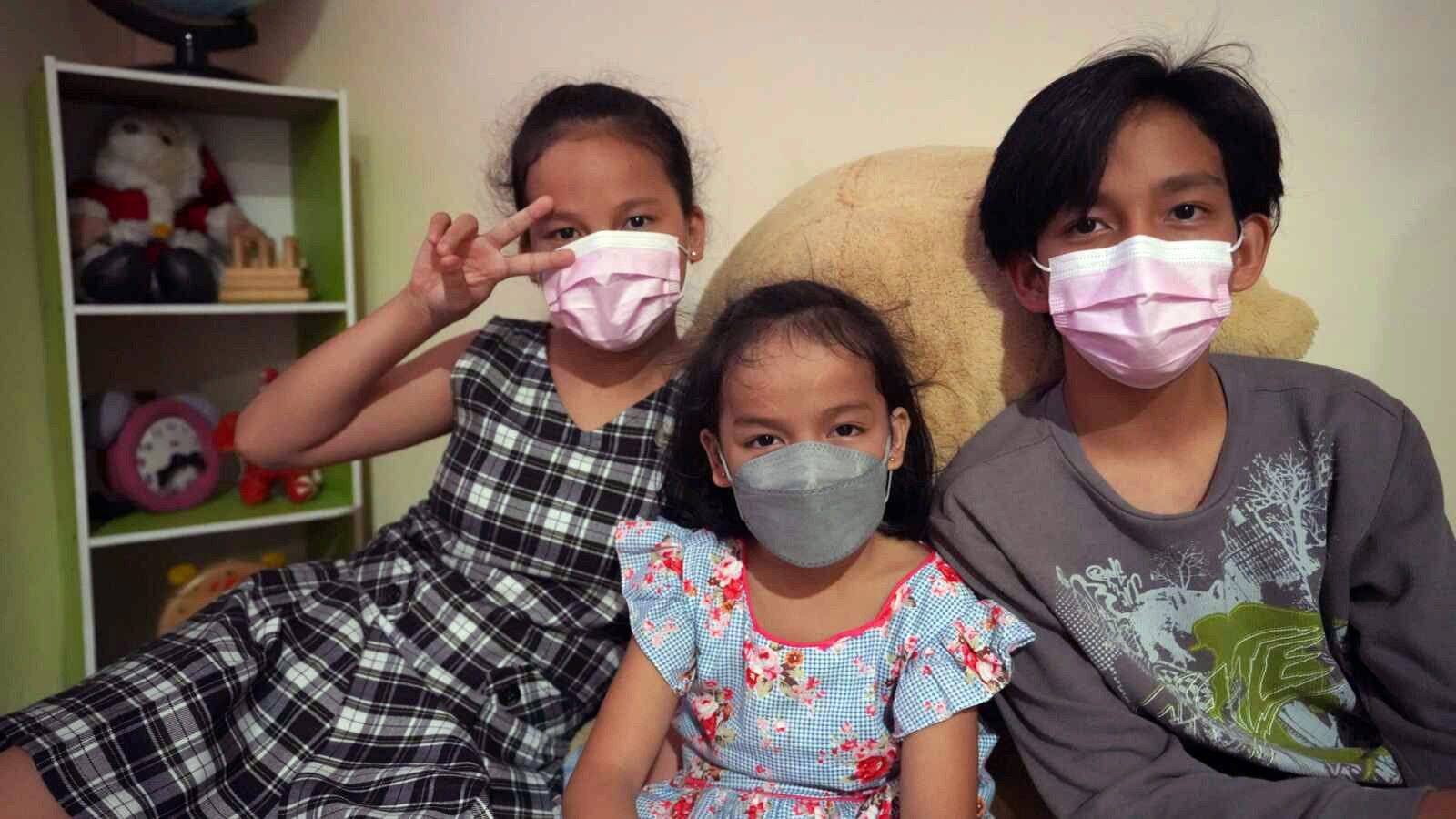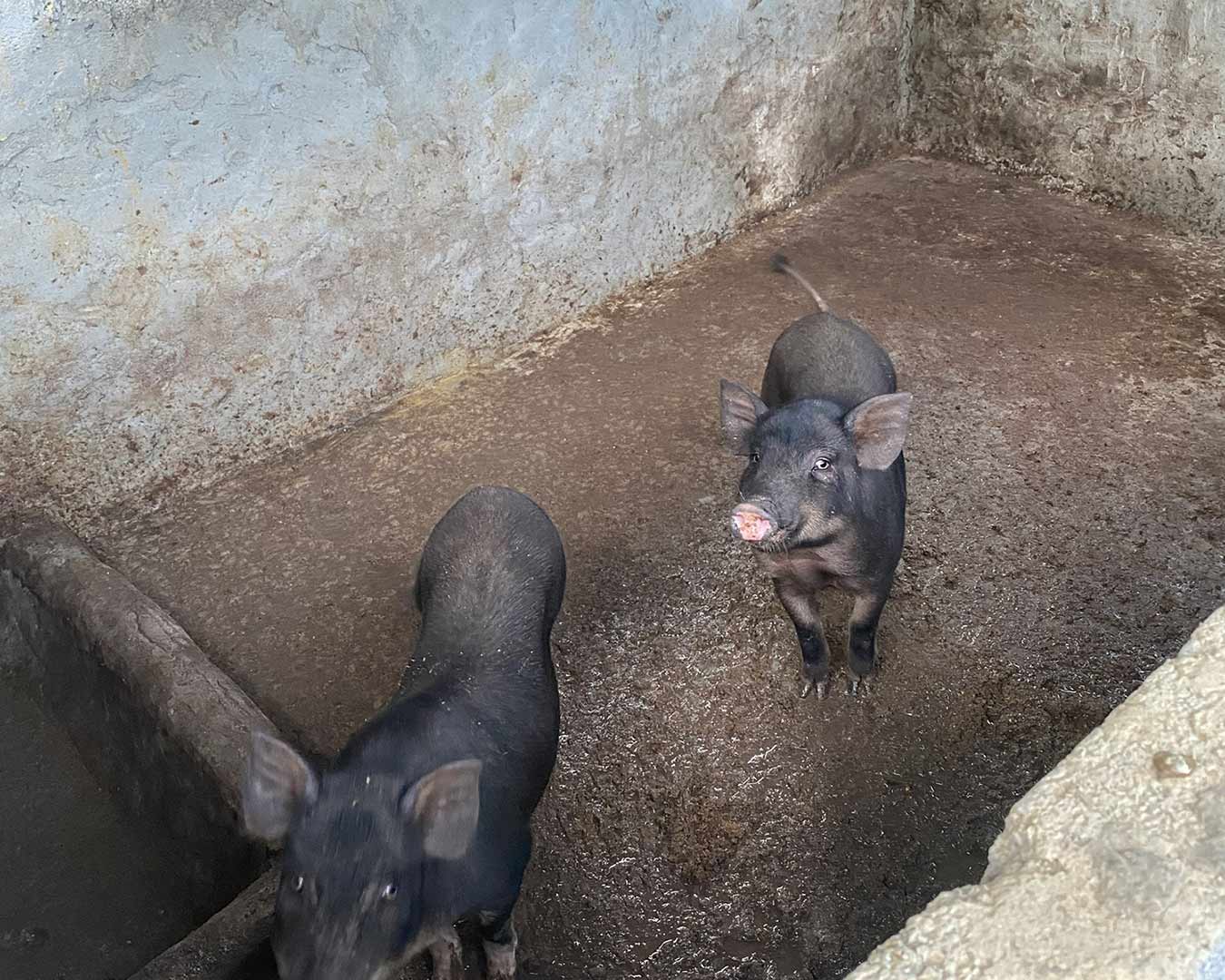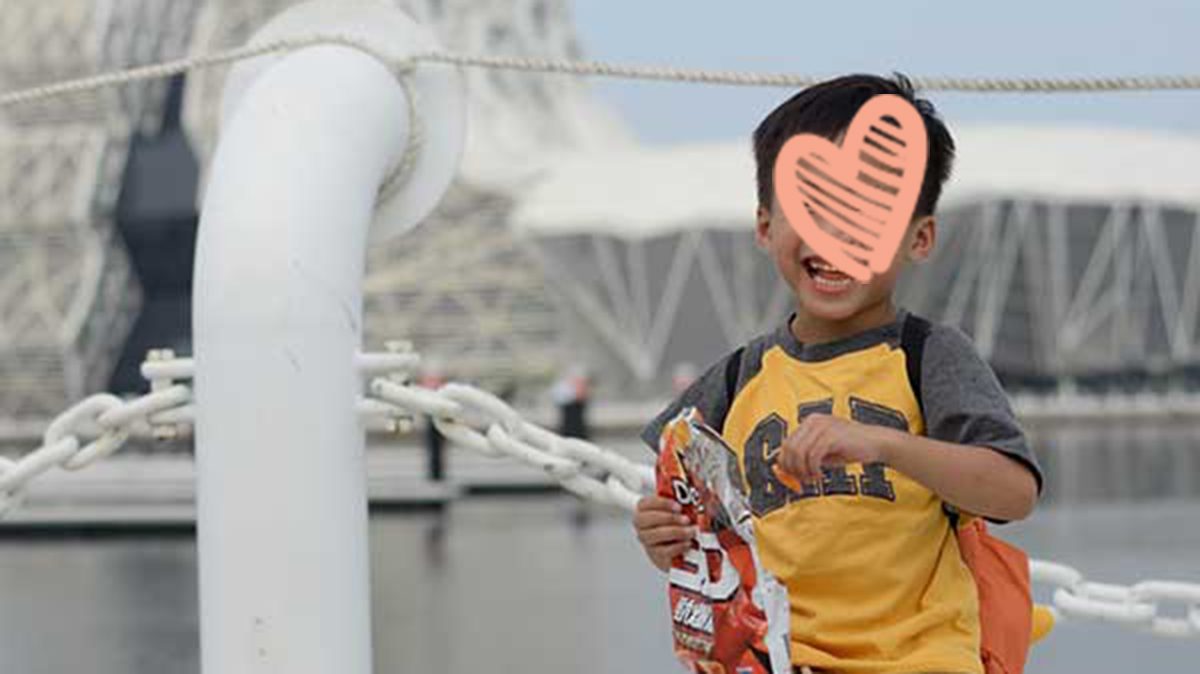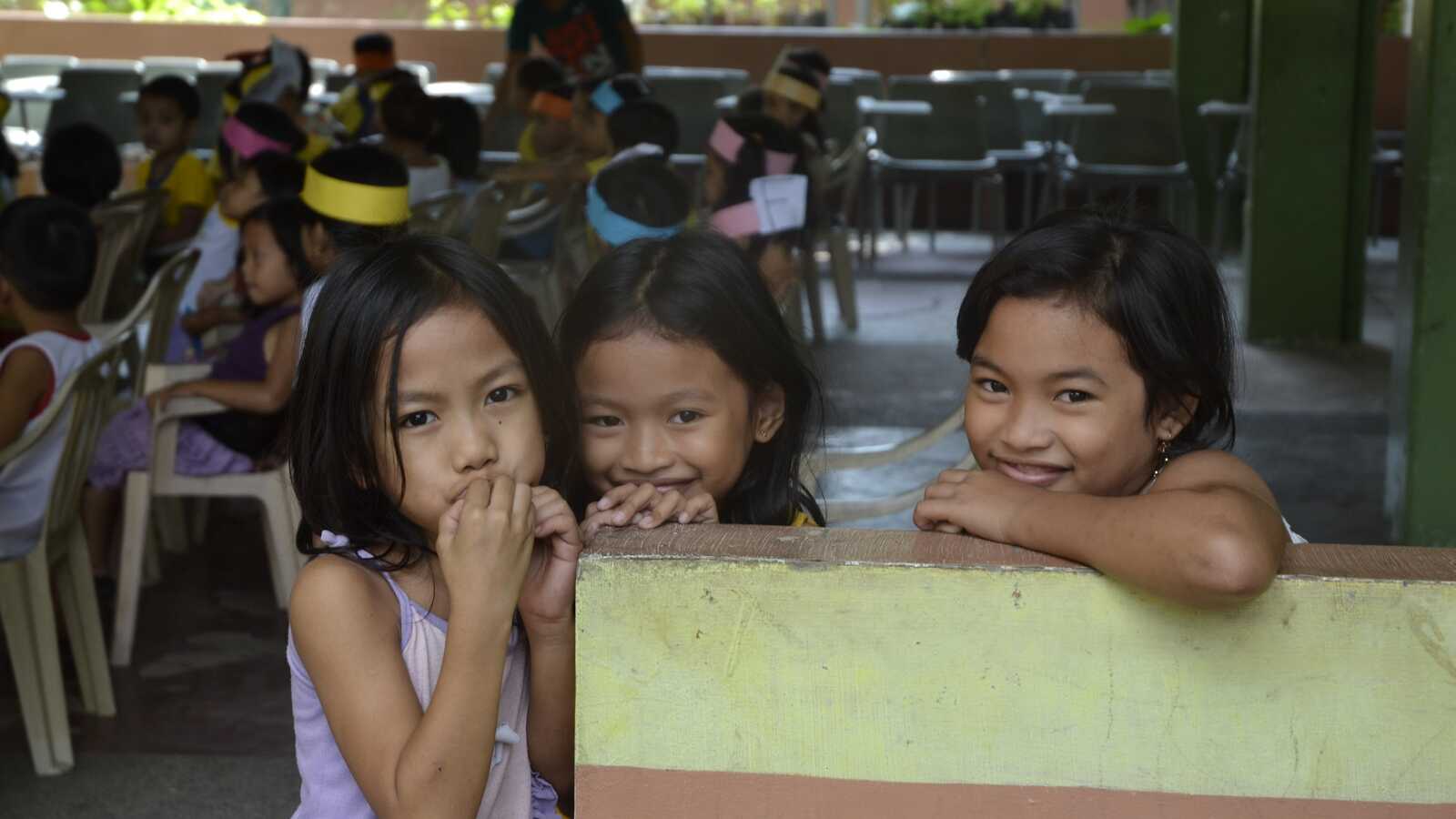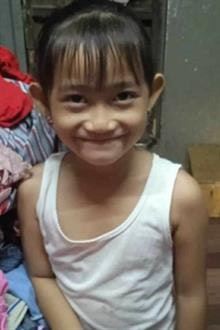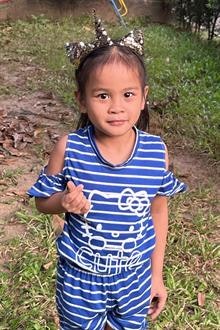After meeting and assessing children in the Philippines, Holt’s director of clinical services, Celeste Snodgrass, shares three unique aspects of Holt’s Philippines Special Needs Project — and the children she is advocating for to find permanent, loving families.
Several weeks ago, my team and I returned from the Philippines where we met and assessed 40 children for our Special Needs Project. We sat down with each of these children one-on-one, learning about their needs, personalities and desire for an adoptive family. And now, we have six months to advocate for them to find a families.
These children were truly incredible, and it is our hope to find the right family for each one of them.
In our travels, we visited many different child caring agencies, and experienced so many wonderful aspects of these facilities and the Philippines adoption program. Below are three unique characteristics of this program that I hope will stand out to families interested in adopting a child from the Philippines.
Most of the children we met in the Philippines…
Have a Strong Faith
All children in child caring agencies in the Philippines are raised and educated in Christianity or Catholicism. Most have daily prayer and Bible education as part of their routine – this typically happens in the evenings as a whole group. Children raised in Catholic child caring agencies have received their rites (depending on their age). For most children, their faith is important to them and they pray for an adoptive family every night.
Can Speak English
All the children we met can speak at least some level of English! Many could complete our entire interview without the assistance of an interpreter. A lot of school is taught in English, so children also know how to read in English. For older children, having a good foundation of English really helps them when they are placed with an adoptive family in the U.S. Without a huge language barrier, it is easier for them to make friends at school, and express their needs and wants with their adoptive family.
Receive Mental Health Support
Every child we met has had a psychological exam completed and most have access to counseling at their child caring agency. This is unique from many other adoption programs. The counselors at these child caring agencies talk with the children about their previous life experiences, help the children learn how to cope with negative memories and feelings, give them tools for dealing with frustration, and talk with them about adoption. One child caring agency we visited is strictly for girls who experienced sexual abuse. This facility has counselors and social workers on staff who help the girls work through their experiences, help them with the prosecution of their abuser, and prepare them to live in a healthy family setting.
There were so many children who touched our hearts — and all of them are so needing and deserving of a loving family. The children we met are very familiar with adoption, and they have regular conversations about it with their caregivers. Each one of them is excited about the possibility of adoption, and many of them express their desire to be adopted one day.
“For most children, their faith is important to them and they pray for an adoptive family every night.”
If you or someone you know wants to learn more about the children we met, we would love to talk with you! We were able to gather lots of photos and information about each of them, and would love to share about their specific needs and personalities.
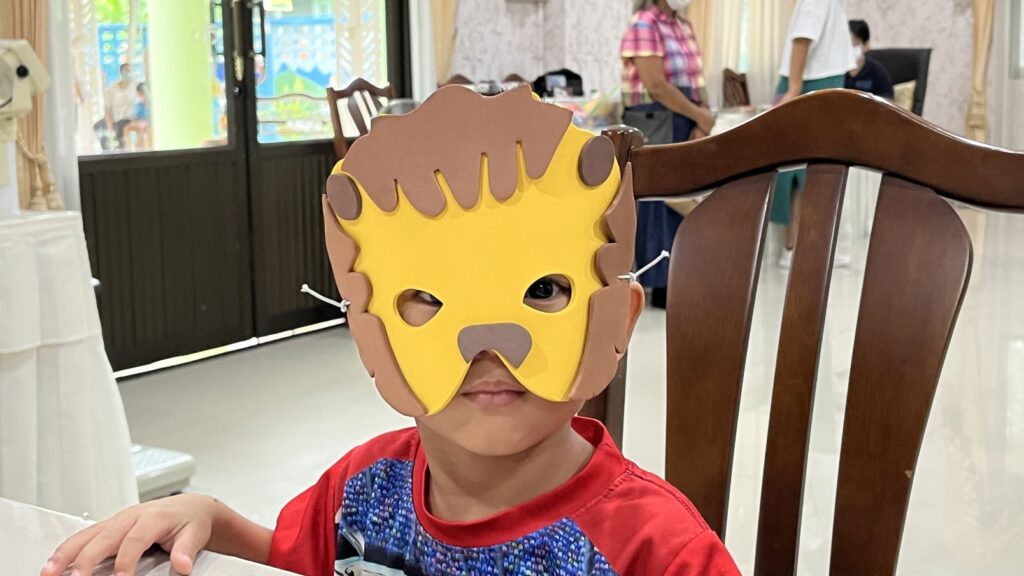
Email our Waiting Child Team!
Get in touch with our team of expert advocates for the waiting children we feature.
